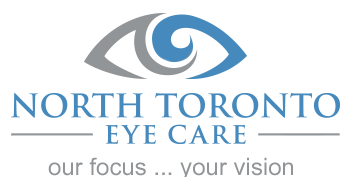Patients who find themselves struggling with hypertension and Type 2 diabetes can now find comfort in how to improve protection against CV simply by modifying their diet.
Findings presented at the ACC Middle East Conference 2019 (Oct. 3-5) in Dubai demonstrate that having a high-fiber, low-glycemic index diet can exhibit a convincing, protective role against CVD and CV risk reduction in those with hypertension and Type 2 diabetes.
Researchers examined in a study of over 200 patients with Type 2 diabetes, all of which who were over the age of 50 and had a BMI of over 26 kg/m2, the effects of dietary factors related to hypertension and other CV risk factors for preventing CVD.
Patients were given dietary prescriptions and had their intake tracked for six months by pictures sent via WhatsApp, which had the benefit of recording portion size, or by phone calls made three times per week.
The diet was also shown to dramatically improve branchial-ankle pulse wave velocity (P < .0001) in addition to systolic BP (P < .0068) and diastolic BP (P < .0001).
Significant improvements in hypertension were also associated with improved serum cholesterol (P < .0001), LDL (P < .0001) and waist-hip ratio (P < .0001).
Medical Director of Care Well Heart and Super Specialty Hospital, located in Amritsar, Punjab, India, Rohit Kapoor said that this study is reflective of three important findings.
“Firstly, a high-fiber diet is important in cases of diabetes and hypertension to prevent future cardiovascular disease,” he said via press release. “Secondly, medical nutrition therapy and regular counselling sessions also hold great importance in treating and prevention of diabetes and hypertension.”
Kapoor says the third finding showed this type of diet working in conjunction with medical treatment to improve dyslipidemia, pulse wave velocity, waist-to-hip ratio, and hypertension.
Other relatable findings have shown promising improvements in patients with diabetes, with significant strides made in HbA1c (P = .0001) in addition to fasting glucose (P = .0017).
If you have Type 1 or 2 diabetes and wonder how symptoms may affect your vision health, get in touch with us at North Toronto Eye Care to schedule a complete and thorough eye exam!
